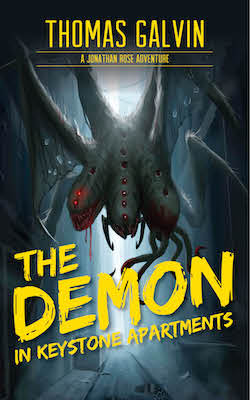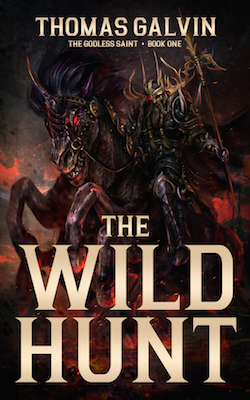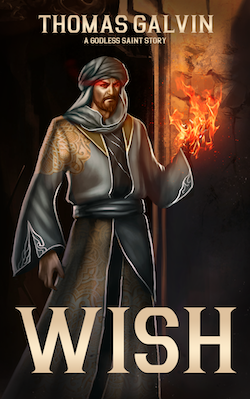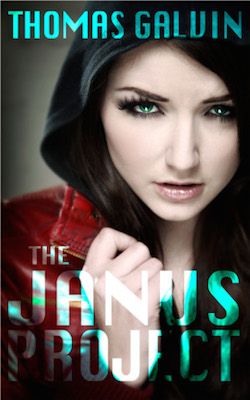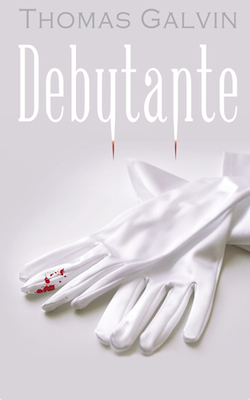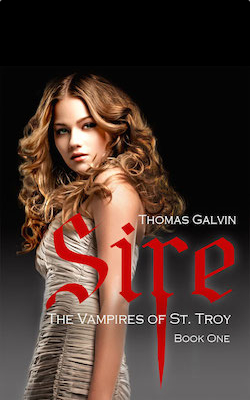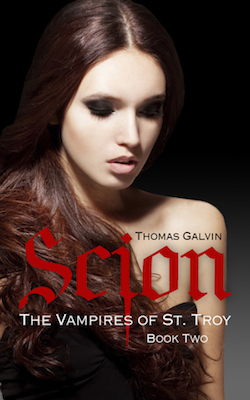TWILIGHT!!! - second thoughts
This morning, I intended to wake up at 6am (which is sleeping in for me, these days), go to the office, and get a jump on all of the stuff I have to do for next week. Instead, I hit the snooze button until 7, then shut it off and slept till 10.
I decided that the office could wait until tomorrow - or even Sunday - and I didn’t have to be anywhere for another few hours, so I had to decide how to kill the rest of my day. And since I haven’t quite had my fill of emo teen vampire romance angst, I went to see Twilight again.
First off, I really like Robert Pattinson. His fake American accent sounds strangely like a fake European accent, but other than that…
RPatz, as he has been loving dubbed by the Twihards, was handed a football. This confused him, because what he calls a football, we call a soccer ball, and what we call a football, he calls “that thing you play with that’s kind of like rugby, but without all that sissy padding and time outs, right?” Regardless, there were words written on this oddly-shaped sports implement: “Edward Cullen is a Self-Loathing Manic Depressive.” And RPatz, God bless him, took those words to heart, and ran that football right into the end zone.
RPatz has said, in various interviews, that the more he read the script for Twilight, and the book upon which it was based, the more he hated the character he was being asked to play. And then he had a revelation: Edward hated himself, too. He saw himself as a monster, torn between his love for Bella Swan, and his thirst for her blood.
But this wouldn’t have worked without Kristen Stewart (KStew)’s Bella. In the book, the explanation for Bella’s attraction toward Edward basically begins and ends with “damn, he’s hot.” In the movie, they do make mention of the fact that Edward is attractive (Jessica, Bella’s friend, says “he’s gorgeous, obviously,” in case the audience missed that fact), but that doesn’t really seem to be what attracts her to him.
KStew’s Bella is just as touched in the head as RPatz’ Edward: the more Edward tries to push her away, the more she pursues him, and the more dangerous he is revealed to be, the more attracted to him she becomes. They’re both self destructive, both rushing into a relationship that will, in all likelihood, end their lives as they know them, because it’s the only thing that makes them feel alive.
One of the best illuminations of this is in the infamous meadow scene, where Edward and Bella finally have a candid discussion about Edward’s unique condition. Edward backs Bella up against a tree, caging her in his arms; he moans that he can’t tell what she is thinking, and begs her to tell him. Bella says, simply, “I’m afraid,” and the look on Edward’s face is heartbreaking. He stumbles backward, and tries to mask his emotions, but it is clear that her words have devastated him. Even though he has been trying to convince her to stay away from him, even though he is himself convinced that he will destroy her, he never actually thought that she would reject him. But then Bella comes close, touches his face, and says, “I’m not afraid of you. I’m afraid of losing you.”
It’s this interplay that makes the story work. The movie isn’t long enough to make true love believable, but it is long enough to make obsession understandable. Both Bella and Edward are mysteries that need to be solved, an mix of danger and romance that is irresistible to both of them. This is made most clear in the hospital scene; when Edward tells Bella that she should go to live with her mother, to get away from him, she isn’t even able to make a coherent reply. All she can do is stutter “what are you saying,” and “I don’t understand,” and “no,” over and over again, and when Edward relents, and tells her that he will never leave her, nor send her away, Bella says firmly, “you can never say that again.” This may have been the best moment of acting in the entire film; it totally conveyed the depth of Bella’s devotion to - and dependency on - Edward Cullen. As far as Bella is concerned, without him, she is nothing.
I still maintain that this is fantastically unhealthy, and I think the reason RPatz and KStew were so god in their roles was the fact that they understood that it was unhealthy. They didn’t try to find the redeeming qualities in their characters; rather, they embraced their flaws, and played them for all they were worth.
The fugue between fate and free will is also an interesting theme. Although it isn’t said outright until the very end, a lot of what happens in Twilight is driven by the fact that Alice, Edward’s clairvoyant (and awesome) adopted sister, foresees that Bella will one day be a vampire. Edward clings desperately to the hope that his sister is wrong, that he will be strong enough to be with Bella and leave her human. Bella, on the other hand, fervently hopes that Alice is right, that she will one day be with Edward forever. Edward sees Alice’s vision as a curse, and is fighting to change it, while Bella sees it as a promise, an clings to it hopefully.
 TM
TM
